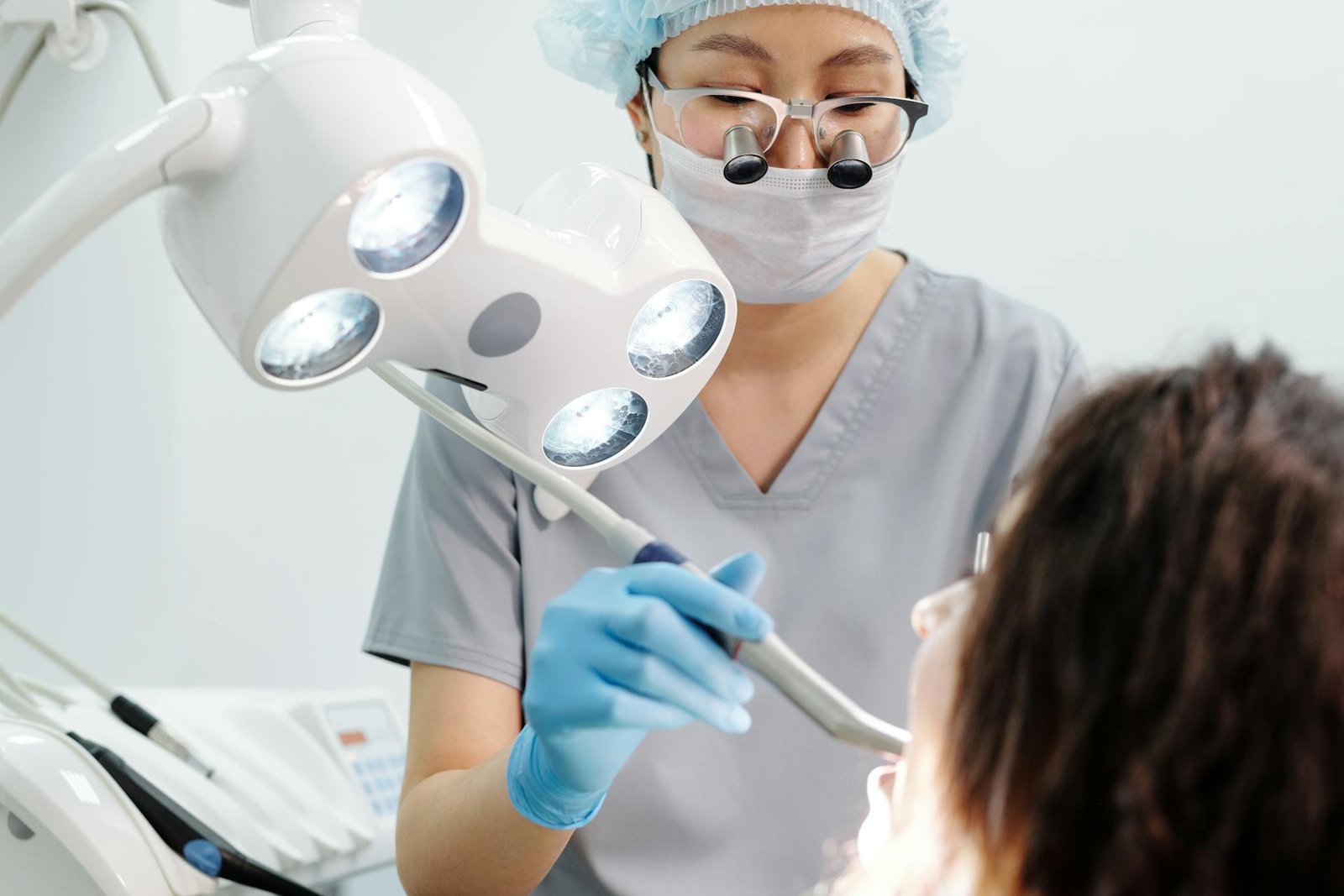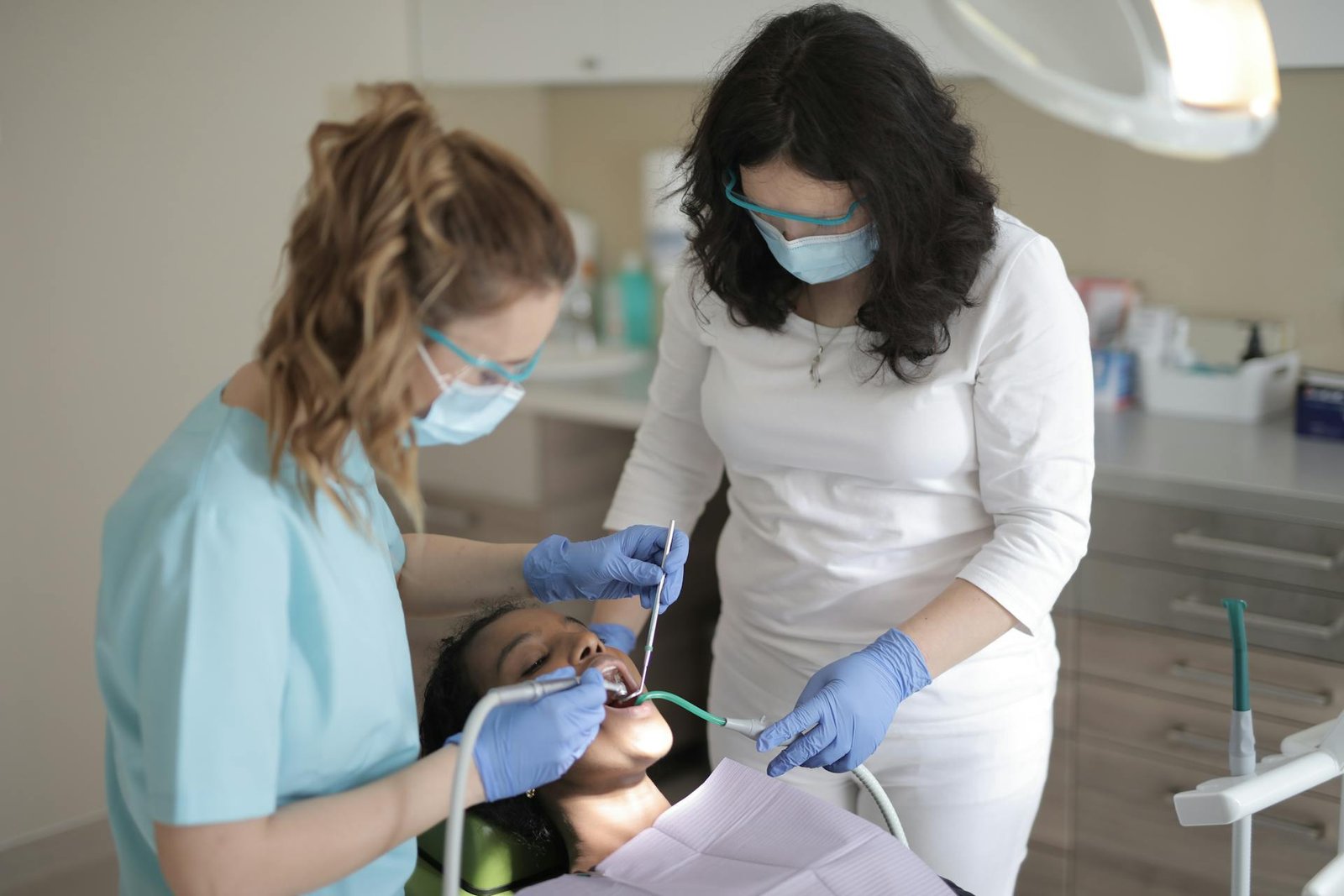Blogs
we specialize in providing exceptional dental care.
Latest Newsletters and post

The Importance of Daily Oral Hygiene
Maintaining good oral hygiene is crucial for overall health and well-being. Brushing your teeth twice a day and flossing daily are fundamental practices that help prevent plaque buildup, gum disease, and cavities. Plaque is a sticky film of bacteria that forms on your teeth and can harden into tartar if not removed. This buildup can lead to gingivitis, the early stage of gum disease, which can cause gum inflammation, bleeding, and even tooth loss if left untreated. By brushing with fluoride toothpaste and flossing between your teeth, you can effectively remove plaque and reduce the risk of these dental issues.
In addition to brushing and flossing, using mouthwash can further enhance your oral hygiene routine. Mouthwash helps to kill bacteria that cause bad breath and contributes to overall oral cleanliness. It can also reach areas that brushing and flossing might miss. However, it’s important to choose a mouthwash that contains fluoride and is approved by dental professionals. Regular use of mouthwash, combined with proper brushing and flossing, ensures that your mouth remains fresh and free from harmful bacteria.
Finally, don’t forget to schedule regular dental check-ups. Even with a diligent oral care routine, professional cleanings are essential to remove any stubborn plaque and tartar that has built up over time. Your dentist can also identify potential issues early and provide treatments to prevent more serious problems from developing. By committing to these practices, you can maintain excellent oral health and enjoy a bright, healthy smile for years to come.

How Diet Impacts Your Oral Health
Your diet plays a significant role in maintaining good oral health. Consuming a balanced diet rich in vitamins and minerals can strengthen your teeth and gums. Foods high in calcium, such as dairy products and leafy greens, are particularly beneficial for your teeth, as calcium helps build strong enamel. Additionally, fruits and vegetables that are high in fiber, like apples and carrots, help stimulate saliva production, which naturally cleanses the mouth and neutralizes acids that can erode tooth enamel.
Conversely, a diet high in sugary and acidic foods can have detrimental effects on your oral health. Sugars feed the bacteria in your mouth, leading to the production of acids that can erode tooth enamel and cause cavities. Acidic foods and beverages, like citrus fruits and soda, can also weaken enamel and lead to increased sensitivity. To mitigate these effects, try to limit your intake of sugary snacks and drinks, and opt for water or milk instead. If you do consume sugary or acidic foods, be sure to brush your teeth afterward to remove any residual sugars and acids.
Incorporating healthy snacks and drinking plenty of water can support your oral hygiene efforts and contribute to a healthier smile. Choosing nutritious foods not only benefits your teeth but also supports overall health and well-being. By making mindful dietary choices, you can enjoy the dual benefits of good oral health and a balanced, nutritious diet.

The Role of Regular Dental Visits
Regular dental visits are essential for maintaining optimal oral health and preventing serious dental issues. Even if you follow an excellent oral hygiene routine at home, professional check-ups and cleanings are necessary to ensure that your teeth and gums remain in good condition. During a dental visit, your dentist will perform a thorough examination to detect any potential problems, such as cavities, gum disease, or oral cancers, at an early stage. Early detection allows for prompt treatment, which can prevent more complex and costly procedures in the future.
Professional cleanings are another crucial aspect of dental visits. While brushing and flossing help control plaque buildup, they may not reach every area of your mouth effectively. Dental hygienists use specialized tools to remove tartar and plaque that can accumulate despite your best efforts at home. This thorough cleaning helps prevent gum disease, tooth decay, and other oral health issues. Additionally, a hygienist can provide personalized advice on improving your oral care routine based on your specific needs.
Routine dental visits also offer an opportunity for your dentist to provide preventive treatments, such as fluoride applications and dental sealants, which can protect your teeth from decay. These treatments, along with regular check-ups, play a key role in maintaining long-term oral health and avoiding serious dental issues. By prioritizing regular dental visits, you invest in your oral health and overall well-being, ensuring that your smile remains healthy and vibrant for years to come.





